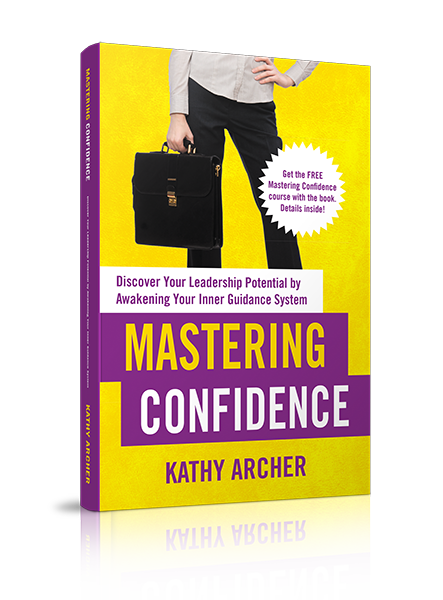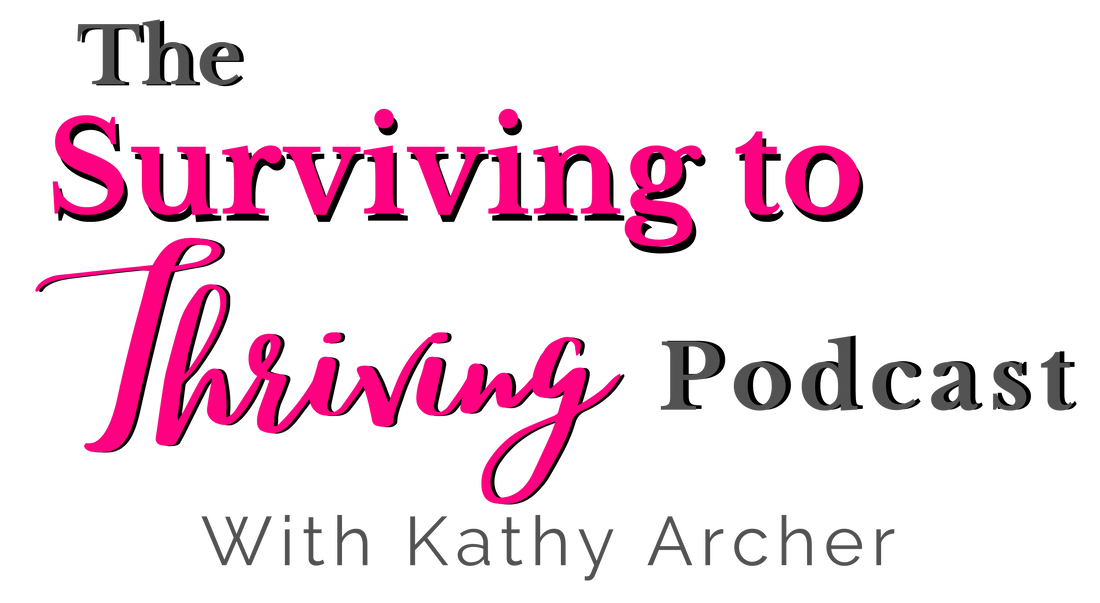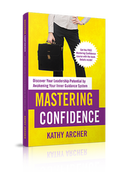|
Reflecting. Pondering, Considering. Thinking. Do you schedule time for reflection into your day timer? I beg you; please start to do that now! Time to think is rare for the average leader Leaders rarely find time to think clearly. The most impactful leaders, however, know reflection time is crucial. Rarely have time to consider options or mull over what just happened leaves you simply chasing fires. On the other hand, giving yourself time to think allows you to move from randomly reacting to everything to being more responsive. Self-reflection can be random Have you ever had your mind wanders and you were are amazed to see brilliant ideas you stumbled upon? That is the act of random reflection. You’ll notice you do this when you are in the shower, cooking or driving. Some of the best ideas come during these accidental thinking times. To take reflection to the next notch, you need to set intentionally aside time for focused self-reflection. This means you create a habit of scheduling in "thinking time." Make time to think Most of us rarely spend much time in intentional self-reflection. While we know it might be beneficial, we don’t believe we have time. I am here to tell you that you need to place it a priority and make it a mandatory daily activity, regardless of what everyone else thinks you should be doing. Do self-reflection intentionally This focused time might be a chance to reflect on a particular event, a conversation or a challenging situation you are currently trying to sort out. It might be planning time, reconnecting to your vision or your values. This time, might also be your opportunity to widen the gap between what just happened and how you reacted. In being more intentional during self-reflection, you can give your mind time to work its way around whatever you need to sort out. In this way, you are increasing your emotional intelligence. What to do in your scheduled reflection time
An example Here’s an example of how I used self-reflection to sort out my dilemma. I was at a meeting the other day, and someone said something offensive to another member of the team. The comment was intended as a joke. However, it was grossly inappropriate. As one of the leaders in this group, I felt it was my responsibility to address it. My not so great attempt at handling it I jokingly scolded her after the meeting. Although I tried to be funny, I meant what I was saying. Rather than owning my message, I hoped to make it easy for her, but honestly, I was using humor to make it easy to me! It didn’t work. As she left the meeting, my guess is she felt like I had just scolded her. Rather than inspired to change her behavior, I bet she felt defensive. My random self-reflection On my drive home, I contemplated what had just happened. I knew I had not got the effect I had desired. I realized, my ineffectiveness in getting my point across was in part because I didn’t even consider the impact I wanted before I let words fly out of my mouth. My first lesson from self-reflection:
As I reflected, I realized what had compelled me to speak up in the first place. I wanted this person to have compassion for the individual they made the joke about. That was about as far as I got on my way home. The next morning, however, I took few minutes to include this challenge in my journaling. In doing so, I came up with the language I would want to use for this kind of incident in the future. It didn't change anything, but gave me the ability to be more responsive rather than reactive in the future Third lesson from self-reflection
Self-reflection makes me a better leader Had I not taken the time to reflect, to ponder and to plan, I would likely be in the same situation again within a few weeks. I would still find that I am still not sure how to deal with it. Therefore, I would once again be just reacting and letting words fall out of my mouth. Pondering widened the gap giving me increased emotional intelligence. The reflection gave me words to use in upcoming situations not only with this individual, but in many potential similar situations in the future. Let self-reflection grow your leadership Self-reflection allows us to be in alignment with our purpose and values. It can have us become more intentional in getting the impact we desire and going in the direction we want to go. We have to, however, make the time to do it. Add self-reflection to the top of your To Do list today! QUESTION: What lessons have you learned when you've taken "time to think"? Share your thoughts in the comments below.
0 Comments
What is the point of being in a Leadership role?
You might be shaking your head right now, saying, “I have no idea.” Are you lost? Leaders of all kinds get lost. Leaders lose track of where they are, what they are supposed to be doing and for what reason. If you are one of these lost leaders, you might notice that you spend more time running around putting out fires, rather than on what you "should" be doing. Leaders who feel lost miss the priorities. They often burn themselves out. If you are lost, you might feel, you might feel lost!
The whole point of leadership is that we are going somewhere The reason we have people in leadership is to lead the organization to a certain point. When we are clear on that direction we are going, then our team can come alongside us more willingly. Consider these leaders and their direction:
So what is your purpose? What is your point or your purpose in leading this organization? That answer to that question may not come readily to you. But when you invest time in discovering the answer, or indeed a variety of answers you will find it chances the course of your day as well as your relationships. Identifying your core purpose makes it easier to lead, and thus people will follow you more willingly. Your purpose may seem to change over time I found that my purpose changed many times in my duration as leader.
What about you? Are you running around like a chicken with your head cut off, not knowing where you are going? It might be time to find some direction. #leadwithpurpose means you have a clear sense of what you are doing and where you are going as the leader of your team and the organization. Finding your core purpose So how do you find your purpose? It’s not a simple, two-minute exercise. It is a mindful process that takes some time. If you want to get clear on your purpose, intentionally set aside some time to go through the process of: review, reflection & identification.
Gaining a sense of direction Leaders who move forward with a sense of purpose, find they are more effective, they also find they are more fulfilled. Take the time to get a sense of direction. Identify your core purpose by reviewing and then reflecting. Trust that in doing so you'll unearth some things you didn't know before that get you and your team back on track.
Sitting at my desk, I was livid!
Now, looking back I couldn’t tell you what had made me so angry, but I remember that I probably could have spit nails at the time. A particular staff had once again done something that pushed me so hard that:
I tried to mask what I was feeling
What did I do? I pushed down the anger as far as I could. I went upstairs with a pasted smile on my face and sat at the head of the table with my group of staff. I then pretended to be polite while I was seething inside as worked my way through the items on the agenda. It was a pretty tense meeting if my memory serves me correctly! I was focused on making her look bad Passion and compassion at that moment never came to my mind. Well, violent, angry passion perhaps, but not a passion for my work. At that moment, I had very little desire to connect to the core values of what we were doing or, to the clients we were serving. In fact, my mind was racing with ideas of ways to get back at the staff that had hurt me so much. I was trying to figure out how to make her look bad, instead of me
I wish I could go back in time and try this instead
If I had instead chosen to follow my #leadwithyourheart mantra that I now regularly use to guide me, I suspect things would have been different. I might have authentically started the meeting with “Something happened this morning that has thrown me off my game. I’d like to do something that reconnects not only me but all of us to why we do this work.”
Here's another way
Or ... I may have sat for two minutes in silent reflection before heading up to the meeting and accessed compassion. But I would have not only found compassion for the person who had made me so angry but also for myself and the situation that I found myself in. That doesn’t mean I would have said “oh poor me” or “oh poor her”. Compassion is about sympathy for another’s misfortunes, but it is also quickly followed by a desire to alleviate their suffering (or my own). Finding alignment works better By accessing compassion for a moment, I perhaps would have found where the other person and I aligned. We may both be fighting for the same side: our client. We both may have been feeling concerned about our own work-life balance. We may have had seemingly opposing views yet strikingly similar ones when I stood back and looked at them. A colleague of mine often said we are “violently agreeing”. That may have been the case here too. Connecting to core purpose and values feels better By doing this, being compassionate and having the desire to alleviate both of our sufferings, I perhaps would have found a different way of approaching things. Rather, I spend my energy trying to figure out how to get back at her.
Lead with your heart
#leadwithyourheart means that you connect to what is important to you. It is about realigning with your core purpose and values. #leadwithyourheart allows you to slow down and access your intuition and inner guidance. It also pulls out others passions and purpose so that together you align and move forward. #leadwithyourheart is connected to my other mantra #leadyourway_. I am a compassionate person. By trying to stifle that, I didn't come across as authentic! Tweaking an Eleanor Roosevelt quote Eleanor Roosevelt said, “To handle yourself, use your head; to handle others, use your heart.” I might suggest, Eleanor tweak what she said to remind us we need to lead both ourselves and others by accessing our heart more often.
This month is a repeat of some blogs that were posted previously that have powerful messages. I am continuing to work on my book, so need to be focusing there right now! But I wanted to make sure you keep growing! Who do you follow? Think of someone you follow. It could be a celebrity on T.V., a motivational speaker, or an insightful leader. It might even be a politician that you believe in. Why do you follow them? You likely follow them because they are unique. They don’t do, act, and say the same things as everyone else. They have a unique way of getting their point across. If you are into inspiration, maybe the booming voice of Tony Robbins is your thing. Perhaps instead you prefer the quiet often humorous style of Eckhart Tolle. Maybe you are an Oprah fan. Then again, maybe not. The point is you follow people because they have style, personality and a way of being that fits for what you desire. What does #leadyourway mean? The same is true in leadership. People follow someone because as Simon Sinek says, they believe in what you believe.
Who are you anyway? #Leadyourway begins with the concept of figuring out who you are. You started this in high school when you picked out your clothes to fit in with a particular group, styled your hair in a certain way and listened to a particular genre of music. You were trying to figure out where you fit, and you were trying to find out your identity. In adulthood, your blending in got less overt. Instead of dying your hair pink, you just started to nod more. You spoke out less. You found the politically right things to say. You learned what leaders wear, and you bought those outfits. You took training on how to manage, how to lead, and you followed your mentor's guidance. You conformed. Now, you fit in. But are you comfortable? Are you your authentic self? What do you believe? In my work, I help people reconnect with what they believe in and identify what they stand for. I help leaders come back to who they are, at the core of their being. There is no point in pretending to be something we are not. The rest of the world can sniff a fake out in a heartbeat. I am emotional (I prefer the term sensitive) If I try to pretend that my heart doesn’t live on my sleeve, the only way to do that is to become unfeeling. Cold. That is certainly not me! I cry at every commercial and when I husband makes me watch the back stories parts for The Voice. That’s who I am. When my client, on the other end of the phone, tells me a story about her pain, I often have to swallow and take a moment to ask the next coaching question. Their suffering moves me. I am a sensitive person. When I am acting in integrity, that sensitivity comes through in my work Steps to finding your way of leading Here’s the thing. To #leadyourway, you must find your way. You must spend time getting clear on who you are. That is about your values, beliefs and your style. How do you do that? Here are 4 ways:
#leadyourway When you #leadyourway more often you'll reconnect with what you love about your job and love about yourself. The more authentic you that shows up, the easier it is for your team to trust you and lean in to your purpose and vision. Find your way. #leadyourway
Get the first 4 lessons of
Women with Grit: Leading with Courage & Confidence The program starts May, 2016 Only 10 women will join me. Will you be one of them? |

Available on Amazon
Archives
May 2024
|
|
Leadership TRAINING for Nonprofit Leaders
Become a confident and competent nonprofit Leader: Join The Training Library membership Executive and Leadership COACHING Leadership Coaching for Nonprofit Executives, Leaders and ManagerCoaching |
PODCAST for Nonprofit Leaders
The Surviving to Thriving podcast: Strategies, systems and support to lead your nonprofit with confidence FREE RESOURCES to Grow your Leadership Skills Free Leadership Training Resources, Worksheets and Templates |
Become a CONFIDENT LEADER
|






















 RSS Feed
RSS Feed
